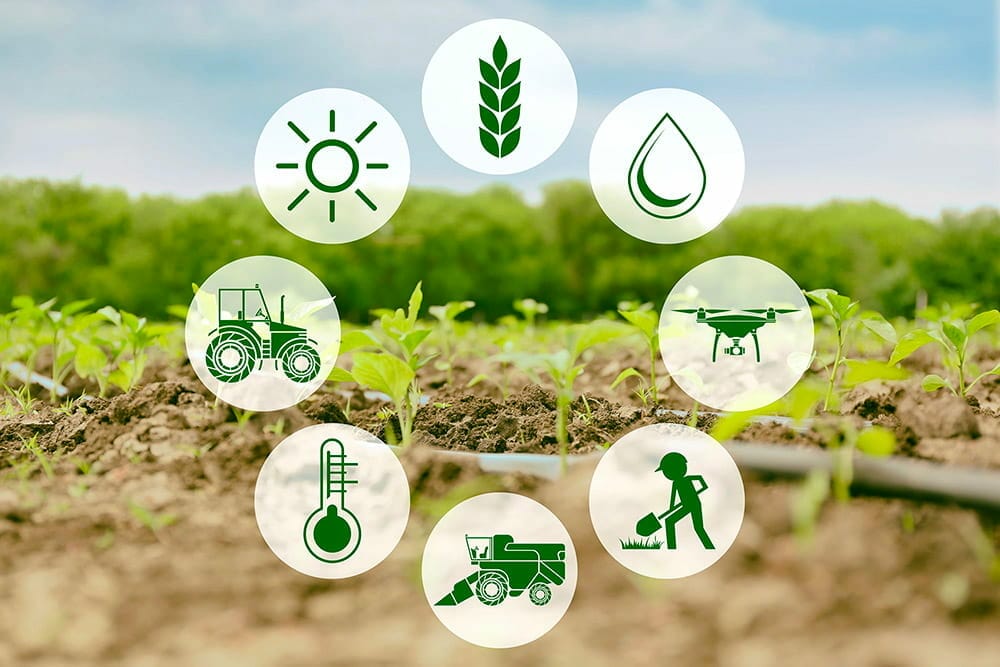Cultivating Excellence: Exploring Quality Management Systems for Agriculture
July 17, 2023 2023-07-17 10:28
Cultivating Excellence: Exploring Quality Management Systems for Agriculture
Introduction: Welcome to our blog, where we embark on an enlightening journey into the realm of Quality Management Systems (QMS) for agriculture. In this article, we’ll delve into the crucial role of QMS in ensuring high standards, productivity, and sustainability in the agricultural industry. Join us as we unravel the secrets and unveil the essence of QMS for agriculture.
Link to the video: Unleashing Excellence: Quality Management Systems for Agriculture
- The Importance of Quality Management in Agriculture: Quality Management Systems are vital for maintaining excellence in agricultural practices. We explore the significance of QMS in ensuring consistent quality, safety, and efficiency throughout the agricultural value chain. Discover how QMS principles, such as process standardization and continuous improvement, contribute to enhanced productivity and customer satisfaction.
- Implementing Good Agricultural Practices (GAP): Good Agricultural Practices are key components of QMS in agriculture. We delve into the core principles of GAP, including soil management, water conservation, pest control, and the responsible use of agricultural inputs. Explore how QMS frameworks facilitate the adoption of sustainable practices and compliance with regulatory requirements.
- Ensuring Food Safety: Hazard Analysis and Critical Control Points (HACCP): Food safety is a critical aspect of QMS in agriculture. We discuss the Hazard Analysis and Critical Control Points (HACCP) system, which identifies and mitigates potential hazards throughout the food production process. Learn how QMS-based HACCP protocols help minimize risks, maintain product integrity, and safeguard public health.
- Traceability and Supply Chain Management: In the modern agricultural industry, traceability and supply chain management are essential for transparency and accountability. We explore how QMS frameworks enable effective traceability, from farm to fork, by implementing systems to track and document product origins, handling practices, and quality assurance measures. Discover how traceability enhances consumer trust and facilitates product recalls, if necessary.
- Continuous Improvement: Driving Excellence in Agriculture: Continuous improvement is a foundational principle of QMS in agriculture. We delve into the importance of data-driven decision-making, performance monitoring, and feedback loops for optimizing agricultural practices. Explore how QMS frameworks enable farmers and stakeholders to identify areas for improvement, implement corrective actions, and drive ongoing excellence.
Conclusion: As we conclude our enlightening exploration of Quality Management Systems for agriculture, it becomes evident that QMS is a driving force behind excellence, sustainability, and customer satisfaction in the agricultural industry. QMS frameworks provide a structured approach to ensure consistent quality, food safety, and continuous improvement. We invite you to watch the video, Unleashing Excellence: Quality Management Systems for Agriculture, for further insights into this captivating topic. Stay tuned to our blog for more engaging content as we continue to unravel the wonders of QMS for agriculture and its impact on the future of farming.
Related Posts
Cultivating Excellence: Exploring Quality Management Systems for Agriculture
July 17, 2023 2023-07-17 10:28Popular Tags






























